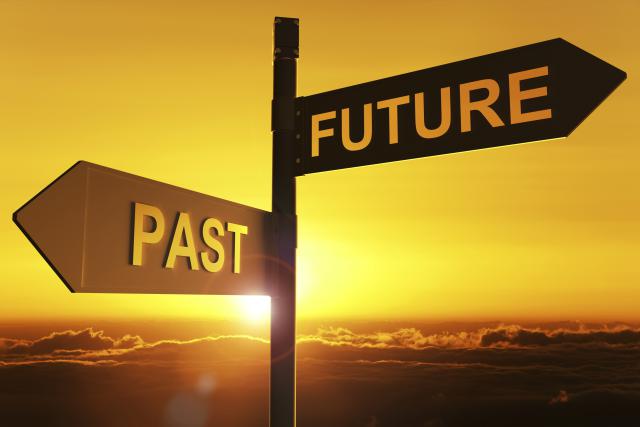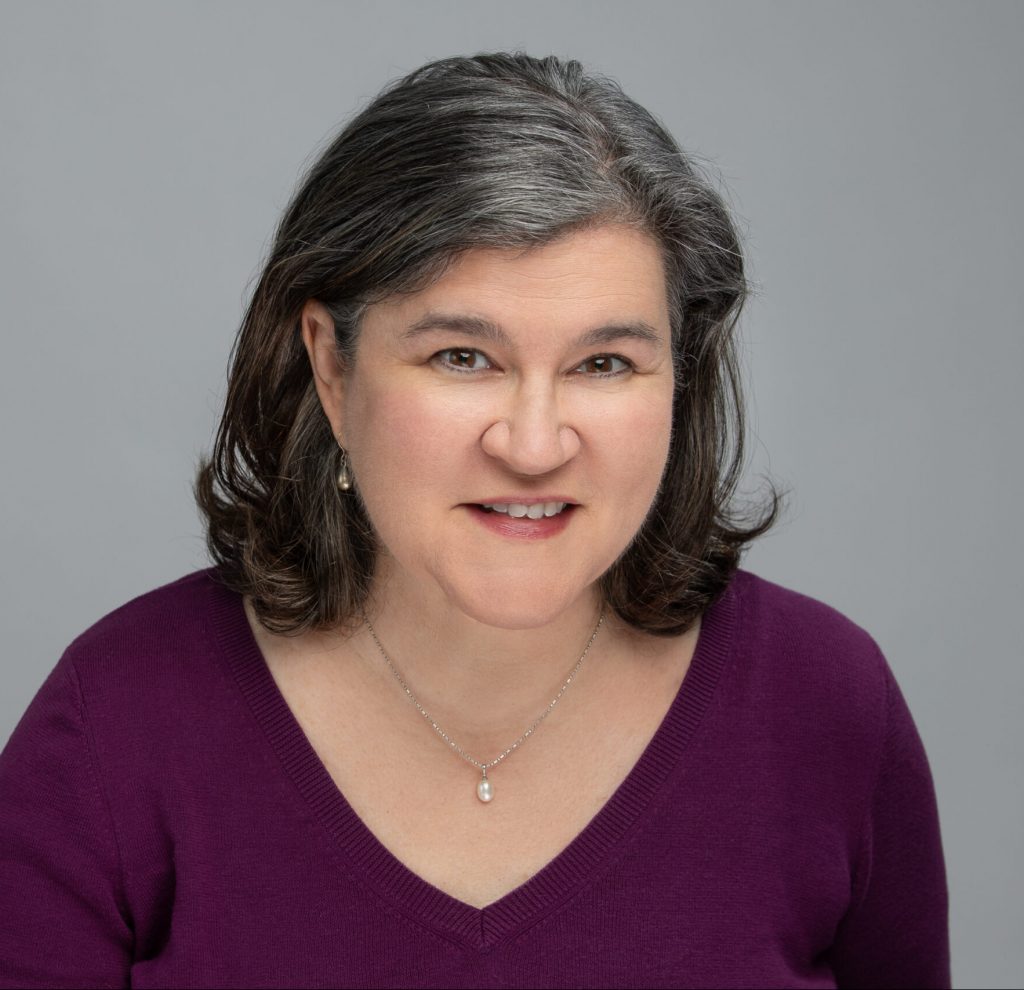As we look ahead to a new year, I have asked some Memphians who care deeply about their city’s future for their resolutions or reflections for 2024. I am deeply grateful for their thoughtful submissions.
Today’s post is by Emily Yellin, a journalist and author who has been reporting and writing on Memphis and racial justice for national audiences since she was six years old. Her writings include an insightful guest essay about the racial context for the Tyre Nichols killing was published a year ago in the New York Times, where she has been a contributor for 20 years.
I have a concise New Year’s resolution for myself this year: Finish the book I am writing. It’s a collaboration with Rev. James Lawson on his memoir. He is 95 and has lived enough life for many memoirs. A major section of the book we are creating is set during his twelve years in Memphis from 1962 to 1974. I have been working on that part for months.
My immersion in Rev. Lawson’s life here in the 1960s and 1970s leads me to my concise wish for the city of Memphis in 2024 as well. But it will take some explanation. (I am a writer. Long explanations around concise thoughts are my jam. So, please bear with me.)
People who have heard about, studied, or lived through that time here might remember Rev. Lawson was the head of the strategy committee which union leaders and local ministers and activists formed during the sanitation strike in 1968. They also likely know he was a friend and colleague of Martin Luther King. Rev. Lawson is the same age as Dr. King would be today, if he had lived. Both men were known for their deep commitment to nonviolent direct action. Dr. King called Rev. Lawson the foremost theorist and strategist of nonviolence in the nation. And when Rev. Lawson invited Dr. King to speak here in support of the 1968 strike, he came, even though he was in the midst of planning his poor people’s march from Mississippi to Washington, DC. Rev. Lawson’s story of King’s tragic assassination in Memphis and its aftermath is one of grief for a dear friend, a soul-connected colleague, and the iconic leader of their movement, as well as grief for this city and this nation.
What isn’t as familiar a story to most of us, (and I included myself in that until recently) is what drove Rev. Lawson’s work in Memphis in the 1960s, and led to his deep involvement in helping the sanitation workers win their strike. In Memphis, he saw poverty he had never witnessed before, growing up in Ohio or living in India and traveling through Africa in the mid-1950s. In 1965, when LBJ’s War on Poverty had funds available to help Americans living in poverty, our mayor at the time, William Ingram, and our then-Congressman Dan Kuykendall were reluctant to take money from a Democratic administration, even though Memphis had more people living in poverty that almost any other city in the U.S.
By 1965, Rev. Lawson and a member of his congregation who was a social worker, Autry Parker, had already formed a non-profit community organization to address poverty in Memphis. So, instead of waiting for the city or state to come around, they went directly to Sargent Shriver, who was administering the poverty funds for the Johnson administration. Lawson and Parker secured money to focus on nine census tracks in South Memphis where poverty was the worst. They hired 75 block captains from the neighborhood (immediately creating jobs that paid a living wage) to take an inventory of how poverty affected each household on each block of the area. The workers reported finding families in homes with mold, holes in the ceilings, no indoor plumbing, and no electricity, heating or air conditioning, even if the parents both had jobs. (The father might have been a sanitation worker and the mother might have been a maid for white people in East Memphis, but they still could qualify for welfare). The block captains also found little children with stomachs bloated from hunger. It was extreme malnutrition. Rev. Lawson and their team brought those children to a new hospital in town called St. Jude, and the successful care there, which nursed those children and their families back to health, became a prototype for the WIC program in this country. Before the sanitation strike, Rev. Lawson was already directly addressing the lives of his fellow citizens with programs created in partnership with residents, and people who could support them, to tackle what they identified as their greatest needs — living wages, accessible food and healthcare, literacy, relief from police brutality, and hope for a better future.
Memphis is where Rev. Lawson became fully committed to the urgency of doing away with inhumane living conditions in this city, which still has more people living in poverty than just about any other city in the United States. Memphis is where he learned most graphically that his definition of violence had to include poverty. Rev. Lawson’s nonviolence (and Dr. King’s) was never only about rejecting physical violence or guns as tools to bring forth change. It has always also been about eradicating the violence that is poverty and its root causes in our city, our nation, and our world. Gandhi coined the English word nonviolence when he lived in South Africa, as a translation of the concept of “ahimsa,” which means to do no harm. And nonviolence during the Civil Rights Movement was used as a practical tactic because it worked. It was also the most effective and moral system they could find to bring about justice for all.
A few years after the sanitation strike, Rev. Lawson came up with the phrase “plantation capitalism,” which he sees as an all-encompassing term for the violence of poverty, racism, sexism and all else that prevents our fellow citizens from their own pursuits of happiness. Plantation capitalism defines a self-perpetuating, oppressive system that ruins the lives not only of those it abuses and hamstrings, but also of those who have received unearned advantages and benefits (often without any awareness of who was hurt in the process) from that system.
Every big problem the city of Memphis faces today and has faced in the past can be traced back to when Andrew Jackson & Co. swindled this land from Native Americans, and his successors built the cotton industry into its economic core, at the expense of kidnapped and enslaved Africans and for the benefit of white people only. We are all living in the shadow of that white cotton boll at the bottom of our city’s seal (It seems like we could easily replace such an ugly symbol with a guitar instead. And no stealthy, nighttime removals with cranes and ropes would be necessary this time. But that’s an idea for another day or year).
Only if we are clear-eyed, and proceed without the veil of public relations or boosterism, can we change our city’s legacy. Rev. Lawson’s work here six decades ago inspires me now anew, to recognize how the everlasting violence of plantation capitalism has embedded itself into Memphis, contributing to just about everything that holds this city and its citizens back — such as crime, racial inequity, the dismantling of public education, food deserts, infant mortality, substandard housing, environmental racism, and even the elimination of healthcare autonomy for so many of us.
In the 1990s, when President Clinton was running for president, his campaign was trying to find its focus. His campaign advisor, James Carville, said simply, “It’s the economy, stupid.” That became their winning mantra.
So after all of my prefacing, my wish for this city (and our new mayor) in 2024 and beyond is to remember that healing the root cause of whatever issue or challenge ails our town, means we all have to proceed with our hearts, minds, and community efforts laser-focused on this updated, Memphis version of that simple mantra: It’s the poverty, stupid.




